 How civilized are we, really?
How civilized are we, really?
As things stand in our society, grief is a reality largely reserved for humans. By humans.
My grief is not. Neither is my family’s.
I was at an expo last weekend in Portland, a place where people come together to celebrate and explore metaphysics, from crystals to healing arts to intuitive consultations. I met people who don’t put the kinds of limits on mindset that a large part of our society does. People whose minds are open to the possibility that there is more out there than human.
And that it is worthwhile.
I was there with my crystal partner, Fallon, doing intuitive consultations and teaching a workshop on space clearing, what I call Space CooperatingSM.
In my work I talk about how we bridge paradigms by acknowledging that the world isn’t all about humans, but about all life together. The mindset that really works is the mindset that acknowledges that humans and all life are equals: that everything on our planet is alive, has a soul, is conscious, and has responsibility and free choice.
All life. From humans to animals to trees and rocks and volcanoes and weather systems.
Something happened at the expo last weekend.
Someone who works professionally as an intuitive, as I do, looked over at me, met my eyes, and immediately came over to me. Her face changed in the moment our eyes met. Simple human curiosity changed to loving compassion.
She came up to me and said. “You’ve recently lost your soul mate. I’m sorry for you.”
I felt my grief well up. Yes, I had just lost my soul mate, my beloved dog, Murphy. A complete stranger, an intuitive, had seen the loss written on me and offered condolences. When told, it didn’t matter to her that it was my dog I’d lost: what she acknowledged was how profound the loss was to me. Her understanding and compassion were based on a love of all life.
Somehow we humans are growing as a species. When I lost my beloved dog, Maggie, so many years ago, my family ridiculed my grief. I had to get on a plane and go visit friends who loved and honored her.
This time, love and support have come from everywhere: from long-time friends to new ones, from clients to strangers, in phone calls and emails and cards and gifts and visits. Complete strangers who find my blog and who are living the human-animal bond with animals as family members. Some of them are people who are struggling with their own loss, and finding community in grief.
This time, people understand.
Somewhat.
Truth is, some of the response have bewildered me. People who are long-time friends who haven’t bothered to call. People who are new friends who have, whose simple acceptance has given my grieving heart, and my family’s, space to try to find a new rhythm.
There are people who don’t understand and don’t try. The people I was with the day that I took Murphy to the vet and watched as a radiologist carefully examined her and showed me, on the ultrasound, what was going to kill my beloved. The day I learned that the mass they’d seen on an x-ray was most likely splenic cancer. The day I learned our days were numbered.
That was the day I was going through the motions of being a supportive friend and businesswoman, listening to two people bemoan their difficulties and annoyances and wondering what I was doing there. The day I was thinking of my family’s future, and trying to think plain thoughts about how I’d find someone to drive me and my dog to the ER in the middle of the night if Murphy went into crisis and had to be euthanized, and I might not be able to drive us.
The day both women turned to me and shouted, “Don’t call me for a dog.”
Truth is, it never occurred to me to consider either of them as potential help. I was simply brainstorming out loud.
The vehement response is still with me. What were they so afraid of that they had to shout it at me? What was lacking in them that they couldn’t simply say, “I’m sorry for you”?
Yes, in many ways we’ve matured as a society. Today, a perfect stranger can see grief on a stranger’s face and understand that losing an animal soul mate is every bit as devastating as losing a human one.
It’s just not always as socially acceptable.
I already knew that, as it did not occur to me to ask either of these people to help me, but respected their cool business heads enough to see what logical ideas would come to them as I grappled with the sure knowledge, only hours old, that my last days with Murphy were upon me. Nevertheless, their cold hostility shocked me, and still does.
I am grateful that this story shocks others who hear it. That what resonates with others is that, as advanced as our society supposedly is, we still aren’t really there.
We still don’t see all life as equal to humans.
Or that grief is not reserved for humans.
My surviving dog, Alki, and Grace the Cat grieve. I grieve. Others grieve with us. And some absolutely do not.
I wonder what that means. The people who refused to help when help wasn’t requested: were they just not ‘animal people,’ or were they just afraid to acknowledge grief?
Maybe they thought death would rub off on them.
Maybe animals aren’t good enough. After all, I’m expected to care about their children and spouses, and I do. I care about all life. I care about their families. They just did not care about mine.
Some few others do care.
We are the ones who will make a difference in the world. We live compassion. We live love. We can see what life with a soul mate can be like, whatever body it is in.
And what death does to us.
Grief is universal. It should unite us. Civilize us. Beyond species.
Will it?
© 2012 Robyn M Fritz
 Bridging the Paradigms is participating in a blog tour to promote a little gem of a book called Pearls of Wisdom: 30 Inspirational Ideas to Live Your Best Life Now! It includes brief, gratifying essays from inspiring people like Jack Canfield, Marci Shimoff, Janet Bray Attwood, and Chris Attwood, all well-known self-help writers and speakers. I will post a review of the book on April 30.
Bridging the Paradigms is participating in a blog tour to promote a little gem of a book called Pearls of Wisdom: 30 Inspirational Ideas to Live Your Best Life Now! It includes brief, gratifying essays from inspiring people like Jack Canfield, Marci Shimoff, Janet Bray Attwood, and Chris Attwood, all well-known self-help writers and speakers. I will post a review of the book on April 30.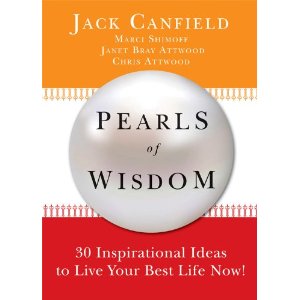 Who She Is:
Who She Is: 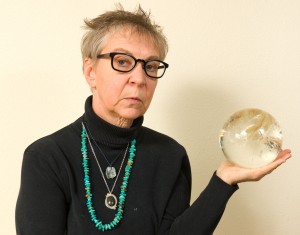 Being out in the world with a crystal ball is fascinating. My partner, Fallon, is a Citrine Lemurian Quartz, a rare planetary and dimensional energy.
Being out in the world with a crystal ball is fascinating. My partner, Fallon, is a Citrine Lemurian Quartz, a rare planetary and dimensional energy. 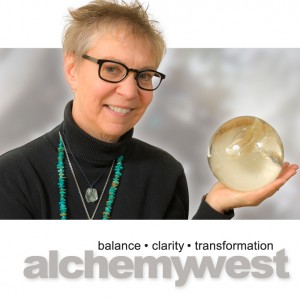
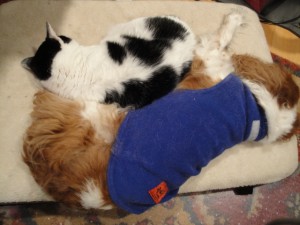 There is a thing called the
There is a thing called the  All the beings who are part of the Alchemy West Committee have something to say about the business. They also join in: if it weren’t for them, the classes I teach on how to develop your intuition would be like everyone else’s, instead of real opportunities for anyone with an open mind to learn how to tap their intuition and their connection with all life by speaking with dragons, a rock-and-roll goddess, cars, buildings, trees, crystals, wind, all the beings who show up to explore life in harmony with, well, all life.
All the beings who are part of the Alchemy West Committee have something to say about the business. They also join in: if it weren’t for them, the classes I teach on how to develop your intuition would be like everyone else’s, instead of real opportunities for anyone with an open mind to learn how to tap their intuition and their connection with all life by speaking with dragons, a rock-and-roll goddess, cars, buildings, trees, crystals, wind, all the beings who show up to explore life in harmony with, well, all life.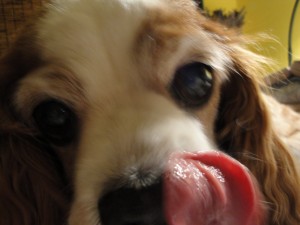 The good thing about the Alchemy West Committee? We take ourselves seriously. No matter what.
The good thing about the Alchemy West Committee? We take ourselves seriously. No matter what.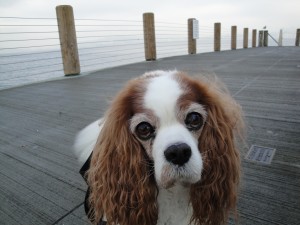 Dr. Johnsons hesitated on the heart medication, didn’t think her heart was the issue.
Dr. Johnsons hesitated on the heart medication, didn’t think her heart was the issue.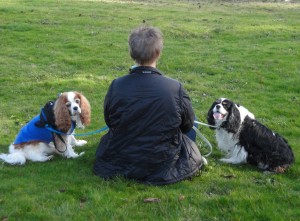 Every January people think about New Year’s resolutions. I never did get that, maybe because I think of life as a choice, and I’m glad I get them.
Every January people think about New Year’s resolutions. I never did get that, maybe because I think of life as a choice, and I’m glad I get them. 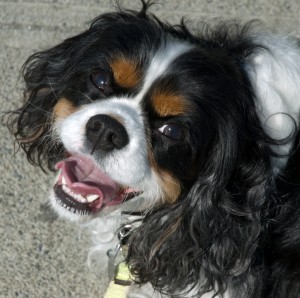 Living with anyone, especially yourself, can be irritating. You have grand illusions about being saintly, or at least perfect, but reality doesn’t seem to work like that.
Living with anyone, especially yourself, can be irritating. You have grand illusions about being saintly, or at least perfect, but reality doesn’t seem to work like that.
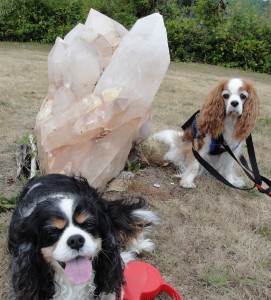 I live on the Planet of Awesome and Forever.
I live on the Planet of Awesome and Forever.